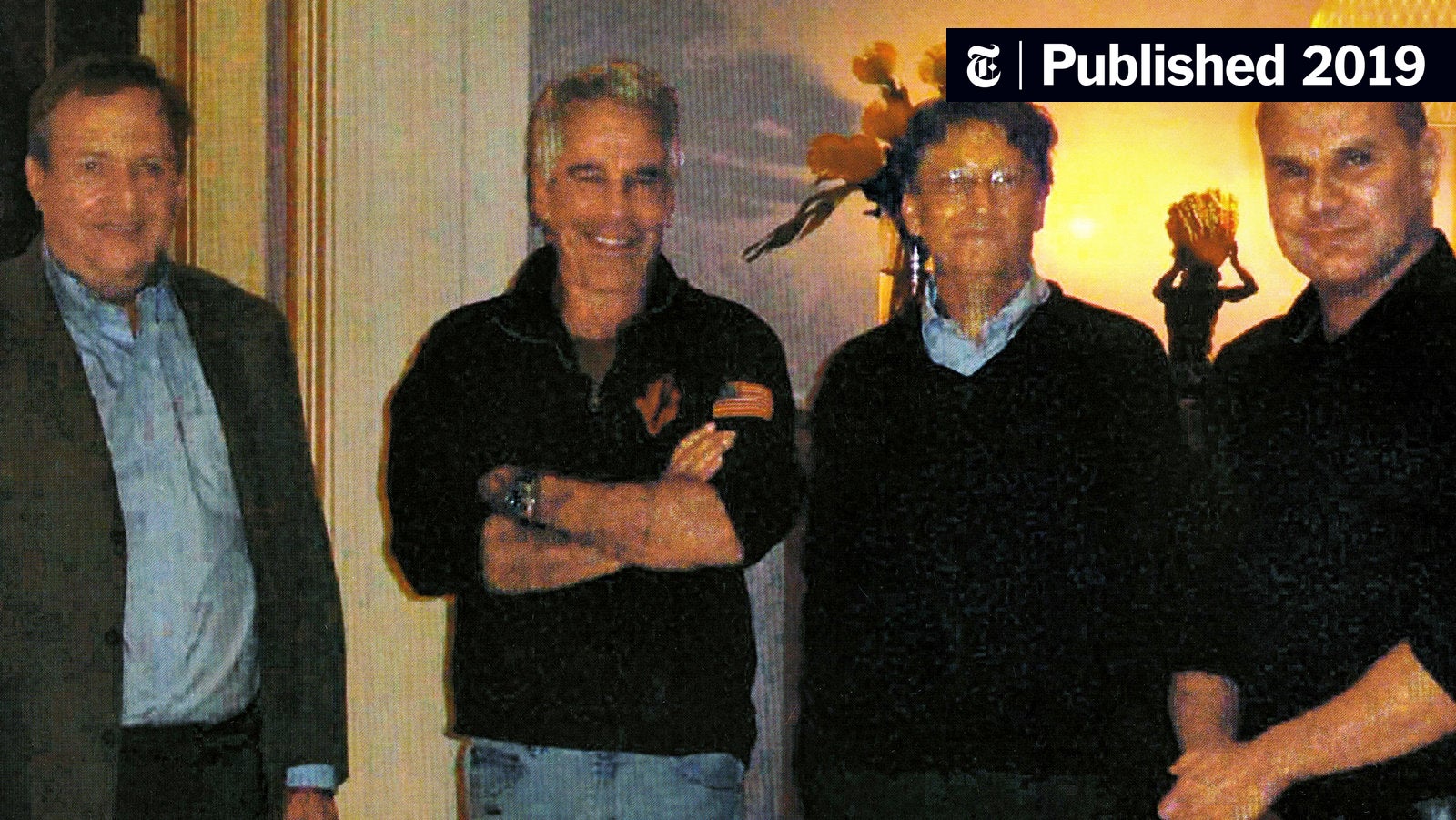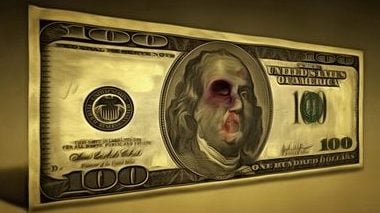This article was originally published by Arsenio Toledo at Natural News.
Governments all over the world are passing policies to deal with nitrogen emissions – and these policies are putting the global food supply at risk.
The people pushing this so-called “war on nitrogen” claim that excess nitrogen in the environment is hazardous and pollutes the land, the water, and the air. They say it even depletes the ozone layer. (Related: Dutch government to seize up to HALF the country’s farmland under the guise of curbing nitrogen emissions.)
The United Nations is at the forefront of these claims, suggesting without evidence that nitrogen is not only a contributor to so-called climate change, but that nitrogen pollution is also somehow a threat to human health and is detrimental to the global economy.
“Nitrogen is a primary nutrient essential for the survival of all living organisms on earth,” admitted Leticia Carvalho, principal coordinator of the United Nations Environment Program’s Marine and Freshwater Branch. “But the world needs to wake up to the issues of nitrogen waste and the opportunities to take joint action for its sustainable use.”
Sri Lanka, Netherlands leading the “war on nitrogen”
Two of the main nations leading the globalist “war on nitrogen” are Sri Lanka and the Netherlands.
In April 2021, the Sri Lankan government led by then-President Gotabaya Rajapaksa banned the use of all chemical fertilizers in the small island nation of 22 million people.
Around a year after that decision, the government was forced by widespread protests to roll back the ban after it led to a rapid collapse in food yields, with some estimates suggesting an annual drop of at least 30 percent in paddy yields.
“I cannot recall any time in the past when we had to struggle so much to get a decent harvest,” lamented 65-year-old W.M. Seneviratne in the eastern Sri Lankan village of Agbopura at the time. “Last year, we got 60 bags [of rice] from these two acres. But this time it was just 10.”
“These crops need urea. Compost is just not good enough and we didn’t even get any of the organic fertilizer that was distributed by the government,” he added. Urea, a widely used and low-cost chemical fertilizer containing 46 percent nitrogen, is an essential element in the life cycle of crops for farmers around the world like Seneviratne.
And in the Netherlands, the Dutch coalition government has just received the green light from the European Union to move forward with a plan to cut nitrogen emissions in half by 2030 by expropriating land from the nation’s farmers.
The plan sets aside nearly 1.5 billion euros ($1.64 billion) for farmers who are willing to “voluntarily” sell their farms to the state in exchange for sizeable compensation. All agricultural work on seized lands would then stop immediately to prevent large-scale emissions of nitrogen from the area. Some 3,000 farms are expected to be seized within the next few years.
Multiple other countries might be joining the attacks on farmers for their supposedly harmful nitrogen emissions soon, particularly those nations that have committed to reducing their nitrogen emissions.
Learn more about how the climate alarmists are coming for the food supply at GreenTyranny.news.
Watch this video from The New American as Alex Newman and documentary filmmaker James Patrick discuss how the Dutch plan to seize farmland under the guise of restricting nitrogen emissions is just a plot to transfer more land to the elites.
This video is from the channel The New American on Brighteon.com.










0 Comments